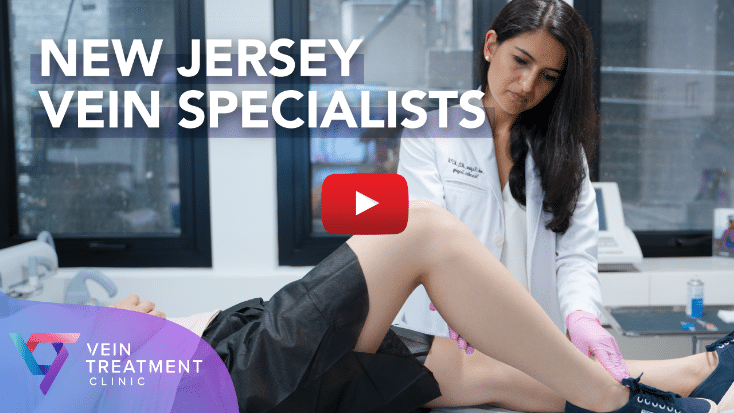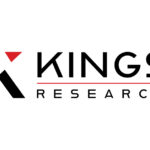Varicose veins are more than just a cosmetic concern—they can cause discomfort, pain, and sometimes serious health issues. If you notice bulging, twisted veins on your legs or experience aching, heaviness, or swelling, you might be wondering: What kind of doctor treats varicose veins? Understanding which medical specialist to consult is essential to receive effective diagnosis and treatment.
In this article, we will explore the types of doctors who specialize in vein care, what treatments they offer, and how to choose the right vein treatment doctors for your condition.
What Kind of Doctor Treats Varicose Veins?
When it comes to varicose veins, the ideal doctor is often a vascular specialist. These doctors focus on the circulatory system, including arteries, veins, and lymphatic vessels. More specifically, vascular surgeons and phlebologists are the primary doctors who treat varicose veins.
- Phlebologists specialize exclusively in vein diseases. They diagnose and treat varicose veins, spider veins, and other vein-related conditions. They often use minimally invasive techniques to treat veins without surgery.
- Vascular surgeons handle more complex vein and artery problems, including severe varicose veins that require surgical intervention. They are trained to manage all aspects of vascular diseases and can perform advanced surgical procedures if necessary.
Other specialists, such as interventional radiologists and dermatologists, may also provide treatment for varicose veins, especially with newer, less invasive methods.
Why Should You See a Specialist for Varicose Veins?
Varicose veins can be more than a cosmetic problem. They can cause:
- Swelling
- Leg pain or cramping
- Skin changes, including ulcers
- Blood clots or deep vein thrombosis (in severe cases)
Because of these risks, seeing the right specialist is critical. Vein treatment doctors have the expertise to diagnose underlying causes accurately. They use diagnostic tools like ultrasound imaging to assess vein function and blood flow.
Proper treatment can improve symptoms, prevent complications, and improve the appearance of your legs. General practitioners might identify varicose veins but usually refer patients to specialists for comprehensive care.
What Treatments Do Vein Treatment Doctors Offer?
Modern vein treatment doctors use a variety of effective therapies to manage varicose veins. The choice of treatment depends on the severity and symptoms.
- Lifestyle Changes and Compression Therapy
For mild cases, doctors often recommend lifestyle changes such as:
- Regular exercise to improve circulation
- Elevating legs to reduce swelling
- Avoiding prolonged standing or sitting
- Wearing compression stockings to help blood flow
Compression therapy is a common first-line treatment and can alleviate symptoms without surgery.
- Sclerotherapy
This minimally invasive procedure involves injecting a solution into the affected veins, causing them to collapse and fade. It’s especially effective for smaller varicose and spider veins.
- Endovenous Laser Therapy (EVLT) and Radiofrequency Ablation (RFA)
These advanced techniques use heat from lasers or radiofrequency to close off diseased veins. They are outpatient procedures with minimal downtime and excellent results.
- Ambulatory Phlebectomy
For larger varicose veins near the surface of the skin, doctors may perform a minor surgical procedure to remove veins through small incisions.
- Vein Stripping and Ligation
In more severe or complicated cases, vascular surgeons might perform vein stripping, which involves removing or tying off large varicose veins surgically.
How to Choose the Right Vein Treatment Doctors?
Choosing the right specialist for varicose veins can impact your treatment success. Here are some tips:
- Look for board-certified specialists: Phlebologists and vascular surgeons with board certification have completed rigorous training.
- Check experience: Doctors who specialize in vein care usually have extensive experience performing modern treatments.
- Evaluate treatment options: Choose doctors who offer a range of minimally invasive and surgical options tailored to your needs.
- Read patient reviews: Look for patient testimonials and success stories.
- Consultation availability: A good vein doctor will provide a thorough consultation including diagnostic testing before recommending treatment.
What to Expect During Your Visit to a Vein Specialist?
When you see a vein treatment doctor, expect a detailed evaluation:
- Medical history: The doctor will ask about your symptoms, family history, and lifestyle factors.
- Physical exam: They will examine your legs for visible signs of varicose veins.
- Ultrasound imaging: This painless test evaluates vein structure and blood flow.
- Treatment discussion: Based on findings, the doctor will recommend personalized treatment options.
Your doctor will explain the benefits and risks of each treatment, helping you make an informed decision.
Can Varicose Veins Return After Treatment?
While vein treatment doctors achieve excellent outcomes, varicose veins can sometimes recur. Factors like genetics, obesity, pregnancy, and prolonged standing increase recurrence risk.
However, regular follow-ups and lifestyle adjustments can help maintain results. Early treatment of new veins can prevent progression.
When Should You See a Vein Treatment Doctor?
You should consult a vein specialist if you experience:
- Persistent leg pain, swelling, or heaviness
- Visible bulging veins that worsen over time
- Skin changes such as discoloration or ulcers near veins
- Leg cramps or restless legs at night
Even if your varicose veins are mild, early evaluation by a specialist can prevent complications and improve quality of life.
Are There Risks in Ignoring Varicose Veins?
Ignoring varicose veins can lead to complications like:
- Venous ulcers (open sores on the skin)
- Blood clots in superficial veins or deep vein thrombosis (DVT)
- Chronic venous insufficiency (poor blood flow causing skin damage)
These complications can be painful and sometimes dangerous. Early intervention with a vein specialist reduces these risks significantly.
Final Thoughts on What Kind of Doctor Treats Varicose Veins
Varicose veins require specialized care from doctors who understand vein anatomy and the latest treatment techniques. Whether you consult a phlebologist, vascular surgeon, or an interventional radiologist, finding experienced vein treatment doctors is key to effective management.
Don’t hesitate to seek medical advice if varicose veins affect your comfort or appearance. Early diagnosis and personalized treatment plans can restore your leg health and confidence.



